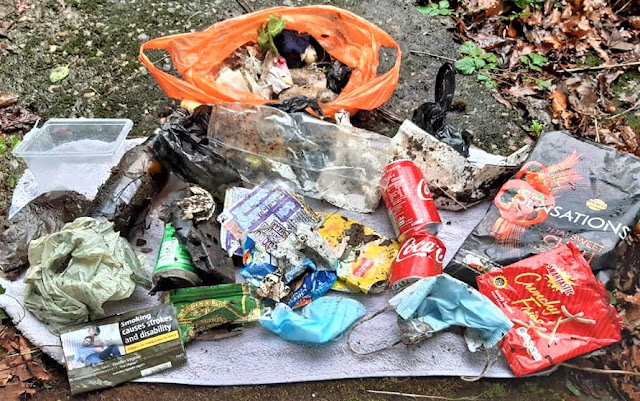On World Seagrass Day 2021, our Sea Champion Clare from Plymouth shares what inspires her about seagrass and why she is studying sea beds in southern England to help us understand more about this marvellous marine habitat.
My love affair with seagrass began in 2011 when I was studying a
Foundation Degree in Marine Science in Falmouth, a small town in South
Cornwall. As a diver since 2004, I am fascinated with understanding what is in
our seas.
I started volunteering with the Cornwall Wildlife Trust who helped me get involved with the Seasearch diving project, a partnership between MCS and other organisations. This national volunteer program collects species and habitat information from all around the UK. During these dives, seeing seagrass for the first time, I realised its huge importance to human health and wellbeing.
Seagrasses are marine flowering plants, located in shallow, sheltered coastal areas down to a depth of 10 - 15 metres. Extensive meadows are formed on all continents with the exception of Antarctica, but there has been a global decrease of seagrass due to threats. These include anchoring and mooring of boats, decreasing light and water clarity and water temperature increases due to climate change.
Seagrasses provide significant functions including carbon dioxide (CO2) capture and storage, stabilising sediment underwater, and they are a spawning habitat and nursery ground for important commercial fish species. Seagrass beds in the UK are a perfect environment for a wide variety of protected species, including the short-snouted seahorse and the spiny/long snouted seahorse.
Inspired by seagrass, in 2012 I took on a project looking at the seagrass found in Fowey Harbour. A Remotely Operated Vehicle (ROV) survey and a Scuba Diving survey discovered that the bed seemed to be thriving, healthy and home to many different marine creatures. My project helped local community members to understand the importance of their seagrass habitats and why we should be looking after them.
To celebrate World Seagrass Day, I am sharing with you my exciting Masters research project at the University of Plymouth. My project will focus on one species of seagrass found in the UK, common eelgrass (Zostera marina). It aims to provide key information about the extent of three seagrass beds (two in Cornwall and one in the Isle of Wight). I’ll examine which species can be found at each location and will also research the laws protecting seagrass.
Coastal seas near to seagrass beds are often heavily used for swimming, kayaking, and boating. The management and restoration of damaged seagrass is essential to lessen the effect of climate change and provide a suitable habitat for marine species. I will be collaborating with the Marine Conservation Society, the Ocean Conservation Trust and Natural England to look at water uses in each of the chosen areas and to see if, together we can find ways to manage these uses so we can enjoy the sea but also allow our seagrass to grow and flourish!
I hope to get out on the water (doing ROV surveys), under the water (scuba diving) and near the water (checking out how people are using coastal seas) during late spring and summer 2021. So, I will be back with an update soon.







